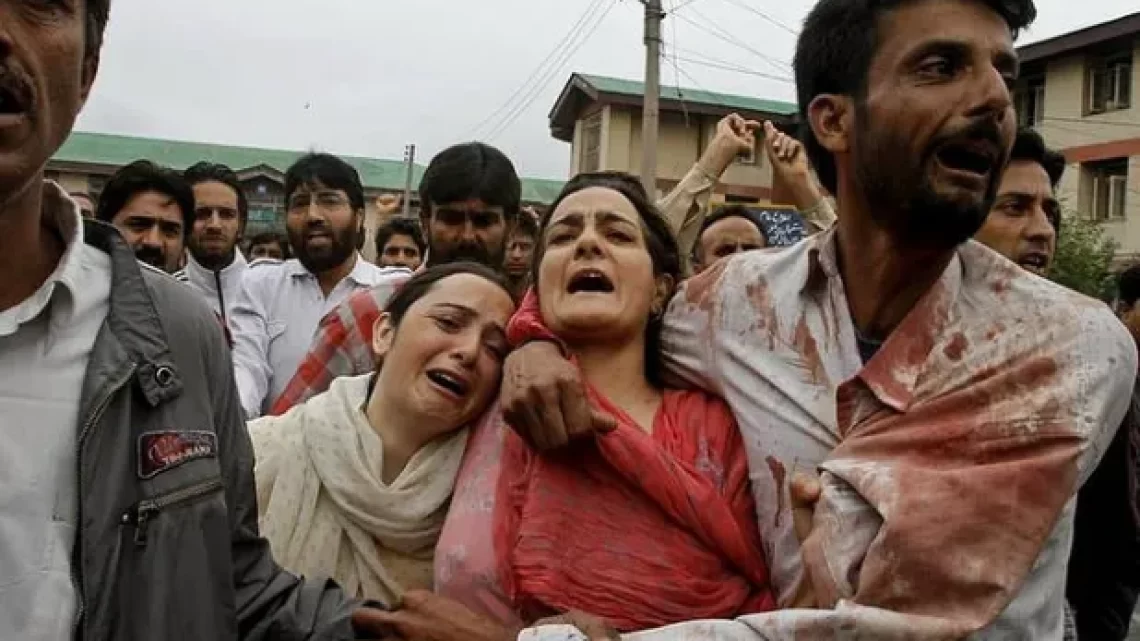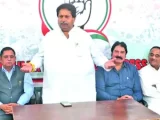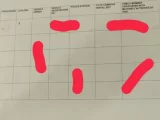
Narendra Modi is Synonymous with Miseries for Kashmiris
March 5, 2024As Indian Prime Minister Narendra Modi gears up for his scheduled visit to Srinagar on March 7, the atmosphere in occupied Jammu and Kashmir is fraught with discontent among the locals, particularly in the wake of the controversial revocation of Article 370.
As the anticipation of Modi’s arrival builds, the authorities in Srinagar have implemented stringent measures, intensifying security protocols across the city. Bakshi Stadium, the venue for Modi’s rally, becomes a focal point for preparations, witnessing increased surveillance through the deployment of drones, heightened CCTV camera monitoring, and an upsurge in patrols, signaling a robust grip on security measures.
The reports have been diligently showing the growing frustration among the people of Jammu and Kashmir, who view Modi’s visit as a painful reminder of the loss of their special status following the revocation of Article 370 in August 2019. The locals, grappling with ongoing hardships, squarely place the blame on Narendra Modi for their predicament.
Throughout Srinagar, the emergence of checkpoints further compounds the grievances of the residents as their free movement is impeded. The presence of these barriers serves as a tangible representation of the restrictions imposed by the authorities, reflecting the palpable tension surrounding Modi’s visit.
The revocation of Article 370, which granted special autonomy to Jammu and Kashmir, continues to cast a long shadow over the region. The discontent among the locals is not solely about the impending visit of the Prime Minister but is deeply rooted in the perceived consequences of the government’s decision to strip away their special status.
The heightened security measures underscore the sensitivity of the situation, with authorities aiming to preempt any potential unrest. However, these measures inadvertently contribute to the growing sense of frustration and disillusionment among the people, who see them as a further encroachment on their freedom and a stark reminder of the loss they experienced in 2019.
As Modi’s visit looms, the dynamics between the government and the people of Jammu and Kashmir remain strained. The checkpoints and surveillance may provide a semblance of control, but they also serve as visible symbols of a region grappling with its altered identity and the enduring impact of the decisions made in the corridors of power.

